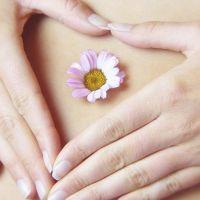Sexual pain disorders – dyspareunia and vaginismus – are very sensitive issues, as the pain involves emotionally charged behaviors: sexual intimacy and vaginal intercourse. Most patients have been denied for years that their pain was real and feel enormously relieved when they finally meet a clinician who trusts their symptoms and commits him/herself to a thorough understanding of the complex etiology of their sexual pain.
Talking with patients about sexual pain disorders requires special attention to the sensitivity of the issue and an empathic attitude to the biological “truth” of pain. This is the basis of a very rewarding clinician-patient relationship and is the basis of an effective therapeutic alliance.





 CERCA NEL SITO
CERCA NEL SITO






